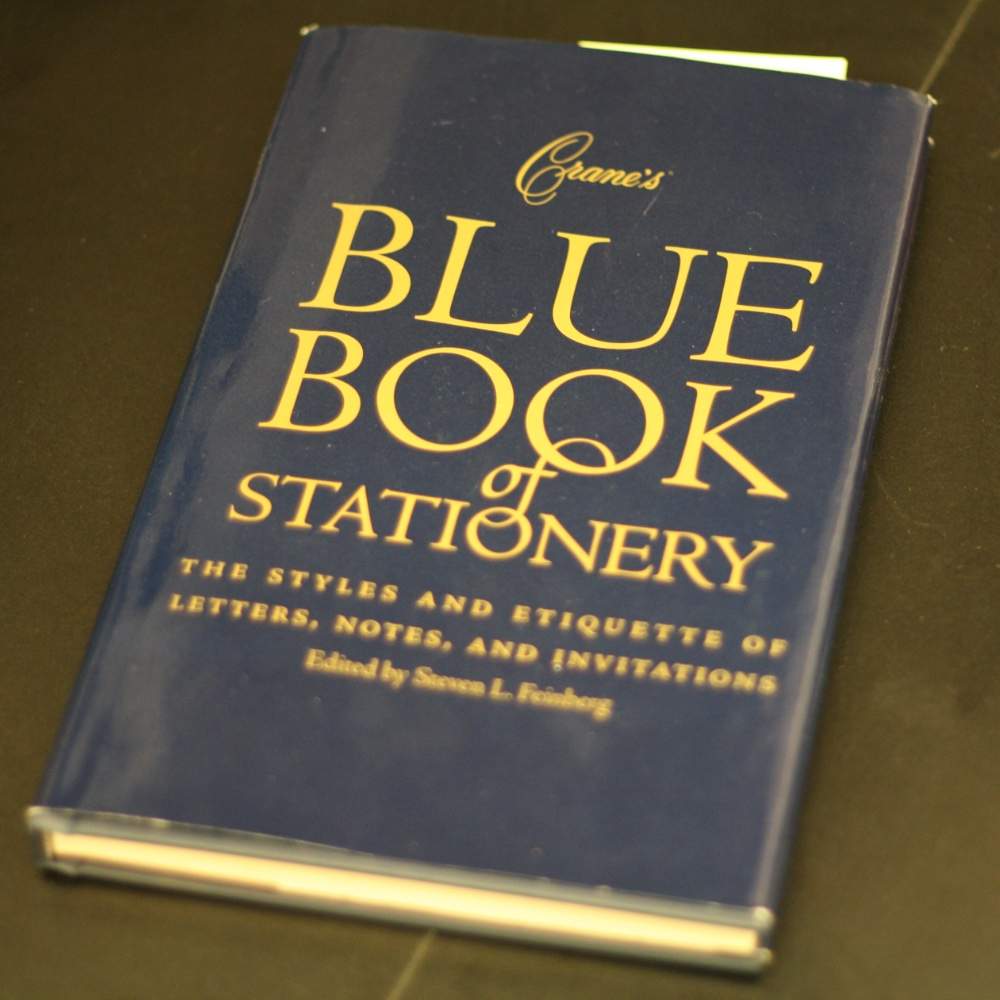Last Year's Books
| categories: | personal |
| date: | |
| tldr: | I read books |
| author: | Daniel Fowler |
| link: | Libby |
In Your Public Library Is Where It’s At, designer Khoi Vinh made a convincing case for the Libby app by Overdrive. Libby provides an interface for renting ebooks from your local library. While I’ve had a Kindle for years and known that renting e-books was possible, I didn’t know (or really care to know) much about the mechanics. Like Khoi, I was happy to just keeping buying books from Amazon.
But buying books represents its own kind of friction. At the time, there were books that I had wanted to read but hadn’t gotten around to buying. There were also books I had bought but hadn’t gotten around reading. I figured it might be time to revisit borrowing books to bring my desires and actions into greater alignment.
I signed up for Libby using my New York Public Library library card and borrowed a few books I had been interested in reading. I borrowed liberally; I read books I liked, and stopped reading books I didn’t; I took audiobooks seriously. I was attuned to recommendations, and borrowed anything that sounded good.
What follows are my quick impressions of the books I read last year. I would read most of these books again and recommend that you read them at least once.

Some of the books I read were set on the sea.
- Sea People: The Puzzle of Polynesia by Christina Thompson
- The Odyssey by Homer, translated by Emily Wilson
- Røde Orm (The Long Ships) by Frans G. Bengtsson, translated by Michael Meyer
The Odyssey never left much of an impression on me, but I really enjoyed Emily Wilson’s translation. Biggest takeaway: Odysseus is truly awful. Røde Orm, on the other hand, also the hero of his own story, looks great in comparison. The book is funny, transporting, and thrilling. Sea People, the non-fiction book in this group, opened my eyes to a history I hadn’t known and, as it happens, made me appreciate Moana that much more!
Keeping with the sea theme, I read books about the Caribbean in preparation for a return trip to Barbados.
- Sugar in the Blood: A Family’s Story of Slavery and Empire by Andrea Stuart
- Island People: The Caribbean and the World by Joshua Jelly-Schapiro
Sugar in the Blood is an imagined narrative of the lives of the author’s white and black ancestors in Barbados. Slow in parts, but satisfying. Island People is a survey of the political history of the individual Caribbean islands; good preparation for further reading on the region.
Moving north, I read books about America.
- Between the World and Me by Ta-Nehisi Coates
- This America: The Case for the Nation by Jill Lepore
Initially, I didn’t like the style of Between the World and Me, but it grew on me as an enjoyable, if depressing, statement on “blackness” and “whiteness” in America. As if in response, Jill Lepore’s This America does indeed make a good case–in spite of our constant, crushing failures–for the country.
I am an intellectual, so naturally I read a few popular science books.
- I Contain Multitudes by Ed Yong
- The Case Against Sugar by Gary Taubes
I think about I Contain Multitudes when I think of the bacteria that live within me. The Case Against Sugar helped me avoid sugar for a good part of the year (until the holidays, of course).
I am also definitely an adult, so I read a few books about finance.
- Against the Gods: The Remarkable Story of Risk by Peter L. Bernstein
- The Wisdom of Finance by Mihir Desai
The Wisdom of Finance and Against the Gods were good books on financial topics with unique perspectives. The former was philosophical while the latter was a mathematical history of probability and risk.
John Hodgman gets his own category.
- Vacationland: True Stories from Painful Beaches by John Hodgman
I loved Vacationland because I love John Hodgman. He’s a great storyteller who made me believe Maine is a super weird place to live.
